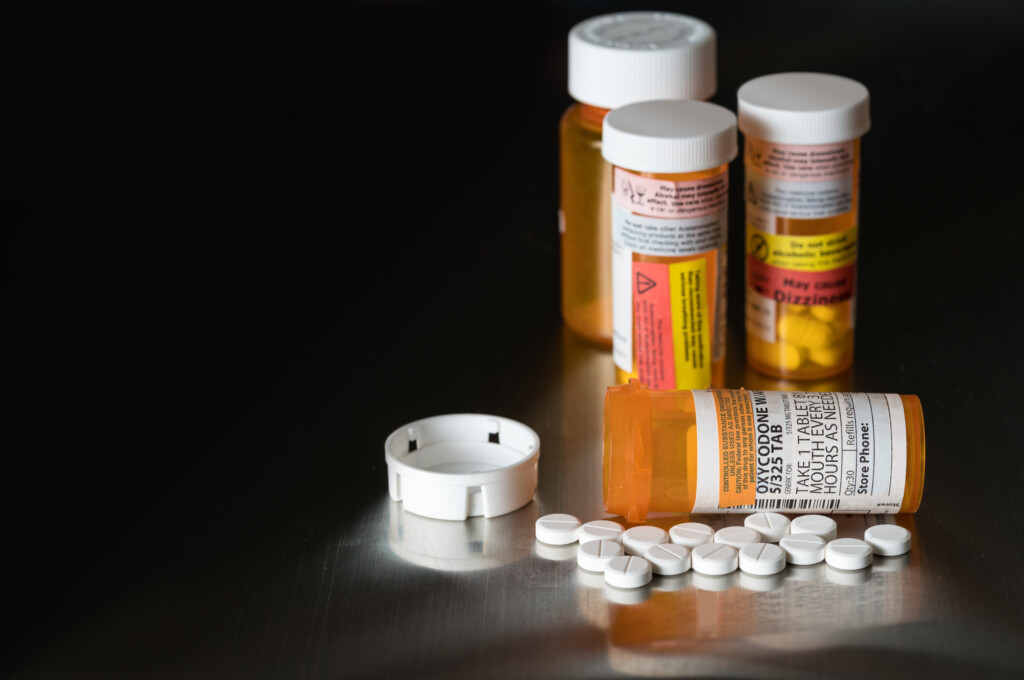
Statistics show that 48.4% of people have taken one or more prescription drugs in the last 30 days. Physician office visits involve drug therapy 73.9% of the time. Chances are good that you’ll receive a prescription for medication at some point. When you do, knowing what to ask is crucial. Every year, the FDA handles more than 100,000 reports of suspected medication errors. Asking the right medication questions could help you avoid a potentially serious medication error.
Ask these questions the next time your doctor prescribes medication.
1. What Is the Purpose?
You might have a general idea of what the medication is treating but ask specifically how it works and what it’s treating.
Say you see your doctor for insomnia and you’re prescribed medication. Find out how the medication will help you sleep.
2. What Are the Side Effects?
Medications are often necessary to treat conditions, but they sometimes cause unpleasant side effects.
Ask about typical side effects, so you know what to expect. Find out if there are rare effects or potentially serious effects you should watch for. Ask your doctor if you should call if you experience certain side effects.
3. How Do I Take It?
Taking medication properly is crucial in avoiding adverse reactions. Find out the form and administration method, such as pills, liquid, cream, suppository, or injections.
Ask if there’s a certain time of day or if the timing is important. Some medications need to be taken at the same time each day. Others need to be taken on a full or empty stomach.
4. Should I Avoid Anything?
Understanding potential interactions can help you avoid a medical problem while taking your prescription.
Some drugs interact with one another negatively. Some drug interactions are potentially serious.
Another potential issue is your new drug decreasing the effectiveness of another medication. Some drugs interfere with birth control for example.
Certain medications might require you to avoid certain foods or activities.
Check on any interactions and restrictions before taking the medication.
5. Is There a Generic Version?
Generic medications could save you about 85% on the cost compared to brand names. All important aspects of the generic have to be the same as the original, including the strength, active ingredients, and form.
If your doctor prescribes a brand-name drug, ask if there’s a generic available to save money.
6. How Long Will I Take the Medication?
Find out the expected length of the prescription. For an acute issue, such as an infection, the prescription might be short-term. For chronic conditions, you may have to take the drug indefinitely.
Ask about issues with long-term use, such as unwanted side effects or decreased effectiveness.
7. Is Any Monitoring Required?
Some drugs require regular monitoring, such as blood draws to check for correct medication levels. The results help your doctor know if the dosage needs to be adjusted. Find out if you’ll need to come in for monitoring, testing, or follow-up appointments for the medication.
Ask the Right Medication Questions
Medication questions are important for fully understanding how to take a new medication safely. It can also ensure your doctor takes into consideration your other medications and personal health issues.
If you’re in need of care, explore our medical services to find an option that fits your needs.
